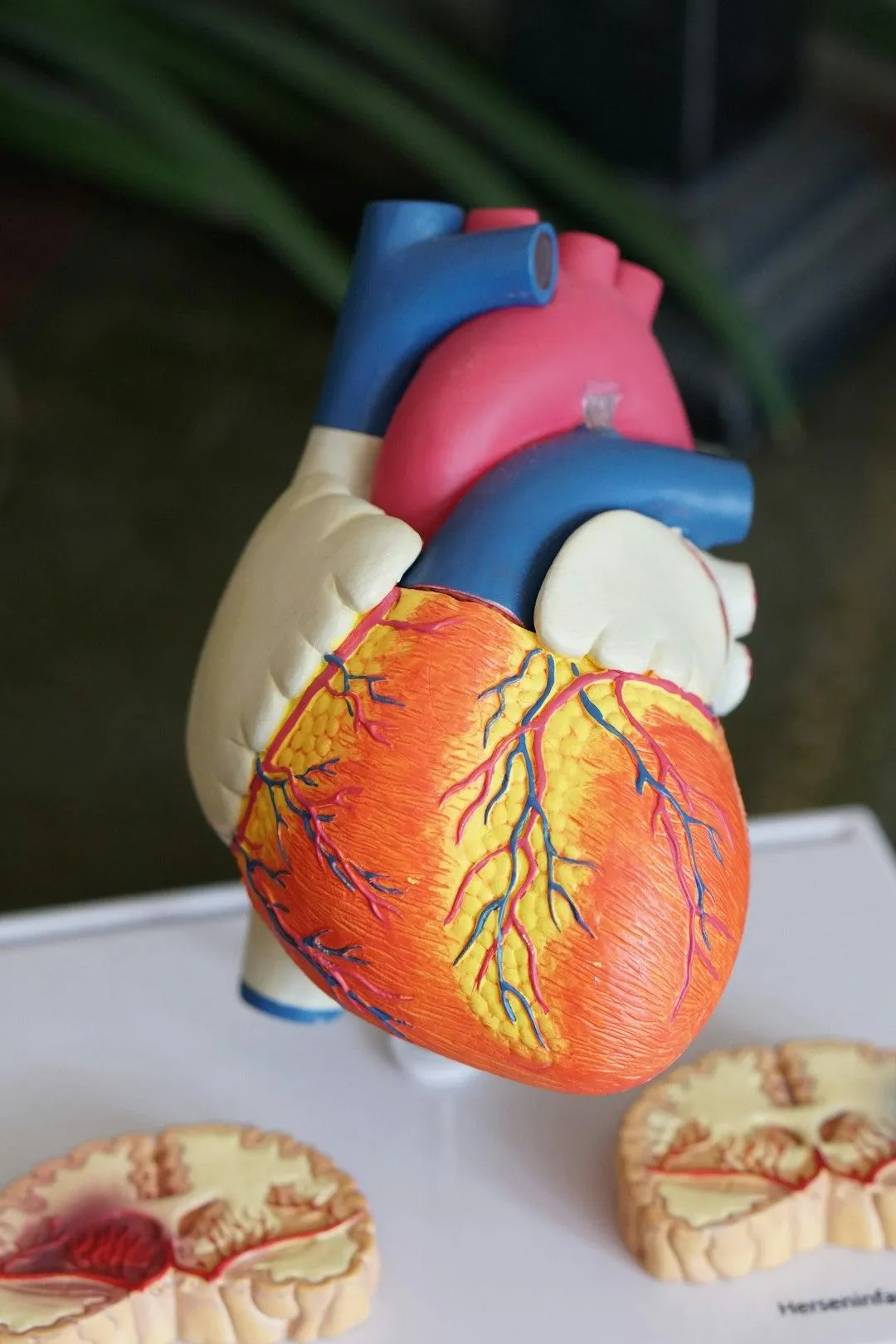
Phase 1: Cardiovascular Prototype (MVP)
Timeline:
6–8 weeks
Investment:
$17,000 labor (rate discounted 15%)
$1,000 technical resources (estimated)
Objectives
Deliver a cardiology-focused MVP for user testing, prioritizing rapid development, synthetic data safety, and foundational compliance.
Key Deliverables
NLP Pipeline for Cardiology Notes: Extracts EF, valve pathology, and symptoms from synthetic notes.
Synthetic Data Integration: Uses Gretel.ai to generate anonymized clinical notes for development.
Clinician Demo Interface: React.js frontend for small-group user testing.
Sprints
Sprint
1
2
3
Focus
Data pipeline setup
LLM fine-tuning
User testing prep
Roles
AI Specialist (80hrs), Backend (40hrs)
AI Specialist (60hrs), UI/UX (30hrs)
PM (20hrs), Backend (20hrs)
Gretel.ai Key Advantages Over Traditional Anonymization
No Data Loss: Synthetic data retains rare edge cases (e.g., outlier lab values) often redacted in anonymization
Faster Access: Bypass months-long IRB approvals; generate compliant datasets in hours
Ethical AI: Reduces bias in models by augmenting underrepresented groups (e.g., minority demographics)
For healthcare organizations, Gretel.ai bridges the gap between innovation and compliance, enabling safer, faster AI development without compromising patient trust. Explore Gretel’s documentation or GitHub repos for implementation guides.
Why Gretel.ai Was Chosen for Simulated Healthcare Datasets
Gretel.ai is a leading synthetic data platform selected for its ability to balance privacy, utility, and regulatory compliance in healthcare applications. Here’s why it stands out:
HIPAA Compliance and Privacy Safeguards
Gretel generates synthetic data that mimics real patient records without exposing sensitive PHI (Protected Health Information). Its anonymization techniques, such as differential privacy and data masking, ensure compliance with regulations like HIPAA and GDPR.
Unlike traditional anonymization, which risks re-identification, Gretel’s synthetic data cannot be reverse engineered to trace back to individuals.
High Fidelity to Real-World Data
Gretel’s models (e.g., ACTGAN, Amplify) replicate statistical patterns, correlations, and distributions of real datasets. For example, synthetic patient age distributions in clinical trials closely mirror original data, preserving critical trends like disease prevalence across demographics.
In benchmark tests, Gretel’s synthetic data achieved <2% accuracy loss compared to real data in downstream tasks like heart disease prediction.
Scalability for Complex Use Cases
Gretel supports relational databases, enabling synthetic versions of multi-table EHR systems (e.g., patient records linked to lab results and treatments). This ensures referential integrity and realistic data relationships.
It scales to generate large datasets (e.g., 10k+ synthetic patient records) efficiently, addressing data scarcity in rare diseases or underrepresented populations.
Bias Mitigation
By augmenting imbalanced datasets (e.g., boosting female patient records in male-dominated heart disease data), Gretel reduces algorithmic bias. One case saw a 13% accuracy gain in models trained on synthetic-augmented data.
Use Cases
Train AI models for early disease detection
Simulate rare medical events (e.g., sudden EF decline) for research
How Gretel.ai Works: Step-by-Step Process
Data Ingestion and Preprocessing
Upload real datasets (CSV, SQL, FHIR) or connect to databases (e.g., Epic, Cerner).
Gretel automatically detects relationships (e.g., primary/foreign keys in relational databases)
Model Selection and Training
ACTGAN: For tabular data (e.g., patient demographics)
Amplify: For relational databases (e.g., EHR systems with linked tables)
Navigator: For complex workflows (e.g., safety-aligned LLM responses)
Models train on real data to learn distributions, correlations, and constraints (e.g., lab value ranges)
Synthetic Data Generation
Generate data with customizable volume (e.g., 5k synthetic patient records)
Preserve relational integrity: A synthetic patients table links to lab_results and treatments with realistic one-to-many relationships
Validation and Quality Assurance
Statistical Reports: Compare synthetic vs. real data distributions (e.g., age, diagnosis codes)
Privacy Checks: Metrics like Synthetic Quality Score (SQS) evaluate re-identification risk and utility
Clinical Validation: Clinicians review synthetic summaries for workflow alignment
Deployment
Export synthetic data to FHIR APIs, cloud storage (GCP/AWS), or EMR sandboxes
Investment Breakdown
Human Resources: $17,000
AI Specialist:
Design NLP pipeline for cardiovascular concepts
Fine-tune LLMs on synthetic cardiology notes
Backend Developer:
Set up GCP data pipelines
Integrate synthetic data tools
UI/UX Designer:
Build clinician demo interface
Project Management:
Coordinate sprints and client updates
Technical Resources: $1,000
Gretel.ai: Synthetic data generation ($500)
GCP Prototyping Tier: Non-HIPAA cloud compute ($300)
Firebase: Real-time testing database ($200)
